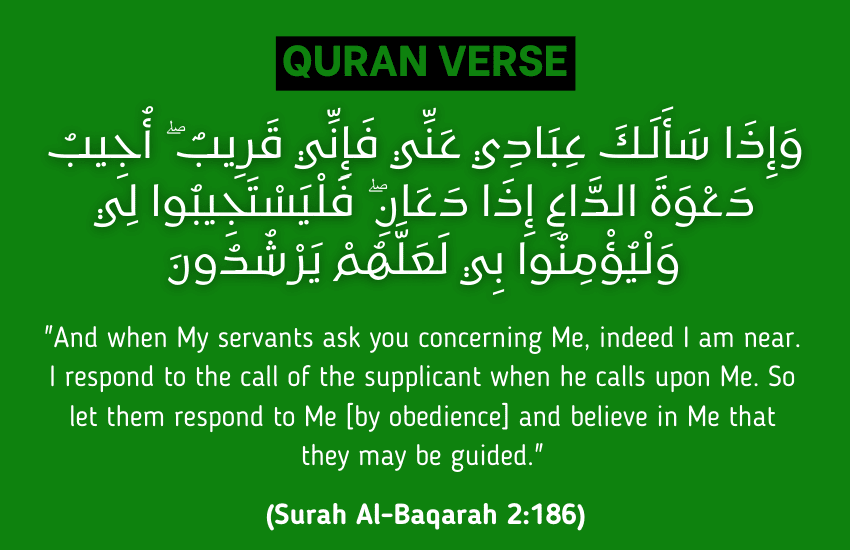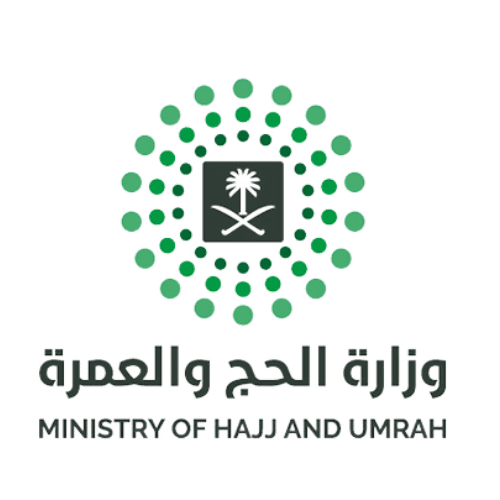UK ISLAMIC CALENDAR
Affordable Umrah Packages from United Kingdom 2025
Book Cheapest Umrah From UK
UK Islamic Calendar – Stay Connected to Islamic Dates
The UK Islamic Calendar provides accurate Islamic dates, including important events like Ramadan, Eid, and Hajj. Stay updated with key Islamic occasions and prayer times.

ALLAH says
“Indeed, prayer prohibits immorality and wrongdoing, and the remembrance of Allah is greater. And Allah knows that which you do.”
Surah Al-Ankabut (29:45)
إِنَّ الصَّلَاةَ تَنْهَىٰ عَنِ الْفَحْشَاءِ
إِنَّ الصَّلَاةَ تَنْهَىٰ عَنِ الْفَحْشَاءِ وَالْمُنكَرِ ۗ وَلَذِكْرُ اللَّـهِ أَكْبَرُ ۗ وَاللَّـهُ يَعْلَمُ مَا تَصْنَعُونَ
(29:45)
The UK Islamic Calendar is essential for Muslims in the UK to keep track of significant Islamic dates, including Ramadan, Eid, Hajj, and other religious events. Aligned with the lunar Hijri calendar, it helps ensure timely observance of fasting, prayers, and celebrations. Stay updated with accurate Islamic dates and never miss an important religious occasion. Keep your faith and traditions aligned with the UK Islamic Calendar at Book Cheapest Umrah.

UK Islamic Calendar – A Complete Guide for British Muslims
The UK Islamic Calendar is an essential tool for Muslims in the UK to stay connected with their religious obligations, community events, and significant Islamic dates. As Islam follows the Hijri calendar, which is based on the lunar cycle, Islamic months do not align with the Gregorian calendar. This makes it necessary for Muslims to track important events such as Ramadan, Eid, Hajj, and Ashura using an updated Islamic calendar.
Why the Islamic Calendar Matters for Muslims in the UK
Unlike the Western solar calendar, the Islamic Hijri calendar is based on the moon’s cycles, consisting of 12 months of either 29 or 30 days. This results in an Islamic year that is about 10–12 days shorter than the Gregorian year. The difference in length means that Islamic dates shift each year in the Western calendar.
For British Muslims, the Islamic calendar is vital in many aspects of religious and social life:
- Salah Timings – Prayer times fluctuate daily, and an Islamic calendar helps Muslims observe their five daily prayers (Salah) on time based on sunrise and sunset.
- Fasting Schedules – Many fasts outside Ramadan, such as Ashura, Ayyam al-Bid (White Days), and Mondays & Thursdays, offer spiritual rewards. Keeping track of the Hijri calendar ensures Muslims do not miss these special days.
- Religious Festivals – Major events such as Eid al-Fitr, Eid al-Adha, and the start of Ramadan depend on the lunar sighting, making an Islamic calendar crucial for planning celebrations.
- Hajj and Umrah Planning – The 12th month of the Islamic calendar (Dhul-Hijjah) marks the time for Hajj, while Umrah can be performed throughout the year. Knowing Hijri dates allows Muslims to prepare for their sacred journeys.
Important Islamic Months and Their Significance
Each Islamic month holds spiritual and historical importance. Here are some of the most significant months in the Hijri calendar:
- Muharram – The first month of the Islamic year and one of the four sacred months. The Day of Ashura (10th Muharram) holds great historical significance.
- Rabi’ al-Awwal – The birth month of Prophet Muhammad (SAW), celebrated as Milad un-Nabi in many Muslim communities.
- Rajab – A spiritually significant month leading up to Ramadan, encouraging extra worship and preparation.
- Sha’ban – Known for Shab-e-Barat (Night of Forgiveness), a time when Muslims seek Allah’s mercy.
- Ramadan – The holiest month in Islam, marked by fasting, increased prayers, and devotion.
- Shawwal – Begins with Eid al-Fitr, a day of celebration after Ramadan. The six fasts of Shawwal are highly recommended.
- Dhul-Hijjah – The month of Hajj and Eid al-Adha, commemorating the sacrifice of Prophet Ibrahim (AS).
How the Islamic Calendar Benefits Muslims in Daily Life
Using an Islamic calendar in the UK helps Muslims integrate their faith into their busy schedules. It allows them to:
✅ Plan Religious Observances – Whether it’s fasting on special days or preparing for Zakat distribution, knowing Hijri dates helps in spiritual planning.
✅ Stay Connected with the Muslim Community – Mosques and Islamic centers in the UK organize lectures, gatherings, and charity drives based on the Islamic calendar.
✅ Prepare for Umrah and Hajj – The Hijri calendar plays a key role in scheduling and booking spiritual journeys.
✅ Keep Track of Special Islamic Nights – Observing Laylatul Qadr (Night of Power) in Ramadan and Shab-e-Barat becomes easier with a well-maintained calendar.
Stay Updated with an Accurate UK Islamic Calendar
At Book Cheapest Umrah, we provide an up-to-date UK Islamic Calendar so that you never miss an important Islamic date. Whether you’re fasting in Ramadan, preparing for Umrah, or celebrating Eid, our calendar helps you stay informed and organized.
🔹 Bookmark this page to keep track of the Islamic year and make the most of every sacred occasion!
Family Umrah Packages From UK
Umrah Plus Holiday Packages From UK
FAQs About the UK Islamic Calendar
The UK Islamic Calendar follows the Hijri (lunar) calendar, which is based on the cycles of the moon. It helps British Muslims track important Islamic dates like Ramadan, Eid, and Hajj.
The Islamic calendar is lunar-based and consists of 12 months with 354 or 355 days, making it 10–12 days shorter than the solar-based Gregorian calendar.
Since the Islamic calendar is based on moon cycles, each month shifts by approximately 10–12 days in the Gregorian calendar every year.
You can check the Islamic date through local mosques, Islamic organizations, lunar sighting committees, or online Islamic calendar tools.
The most significant months include Ramadan (fasting month), Dhul-Hijjah (Hajj & Eid al-Adha), Muharram (Islamic New Year & Ashura), and Rabi’ al-Awwal (Prophet Muhammad’s [SAW] birth month).
Ramadan and Eid dates are based on moon sightings, which are announced by Islamic scholars, mosques, and official moon-sighting committees.
Muharram is one of the four sacred months in Islam. The 10th of Muharram (Ashura) is particularly significant, marking key historical events in Islamic history.
Laylatul Qadr (Night of Power) falls in the last 10 nights of Ramadan, most commonly on the 27th night, and is considered the holiest night of the year.
Hajj is performed between the 8th and 12th of Dhul-Hijjah, as commanded by Allah (SWT) and practiced by Prophet Ibrahim (AS) and Prophet Muhammad (SAW).
The White Days refer to the 13th, 14th, and 15th of each Islamic month, when fasting is highly recommended for extra spiritual rewards.
Many mosques, apps, and websites provide prayer schedules that align with the Islamic calendar and daily Salah timings based on sunrise and sunset.
Sha’ban is the month before Ramadan, and it includes Shab-e-Barat (Night of Forgiveness) on the 15th night, a time for repentance and seeking Allah’s mercy.
Yes, the Islamic calendar helps in selecting the best time for Umrah, particularly in Rajab, Sha’ban, and Ramadan, which are considered spiritually rewarding months.
You can access an updated UK Islamic Calendar from Book Cheapest Umrah, local mosques, Islamic organizations, or through verified Islamic apps and websites.







